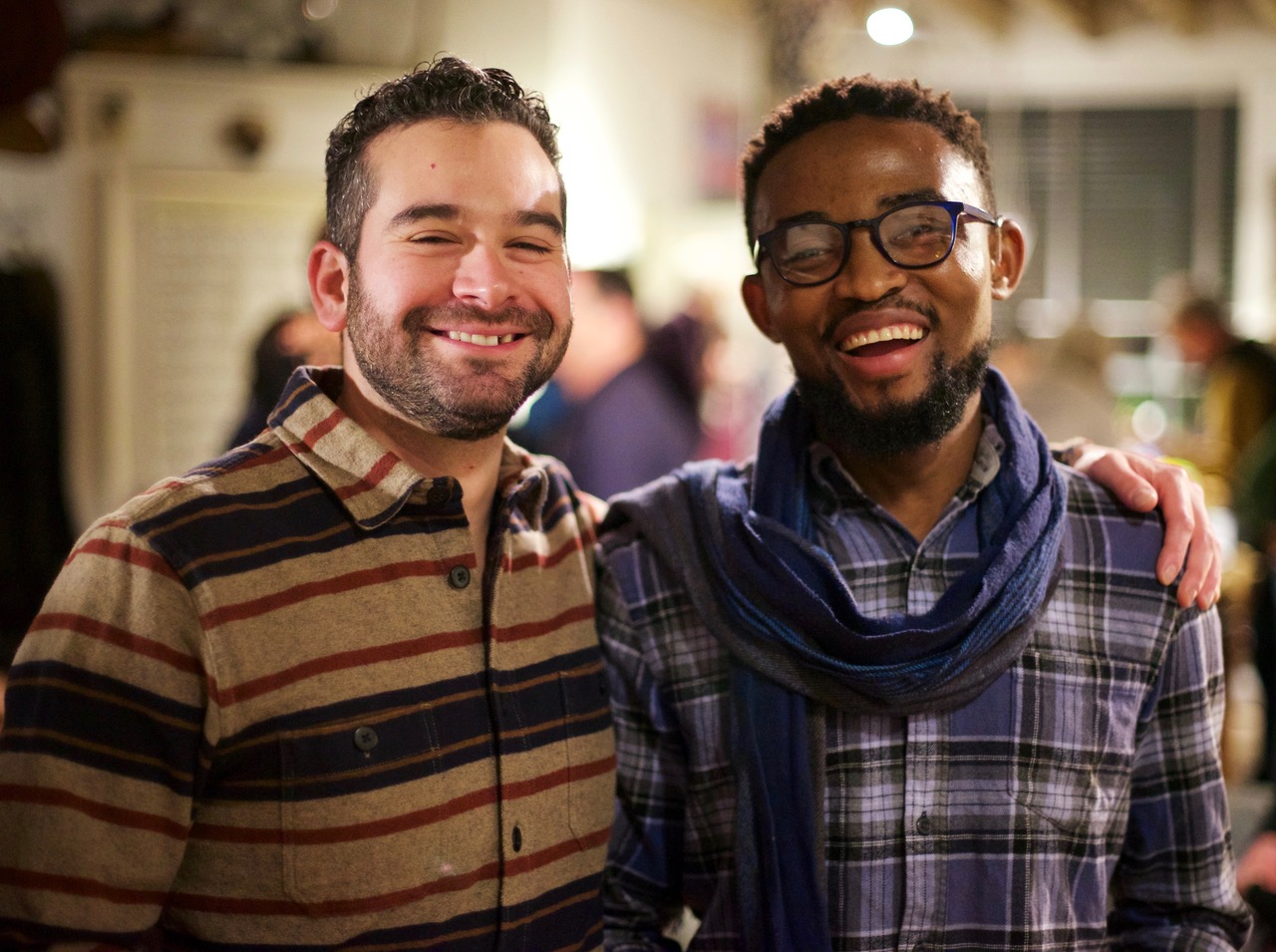In brief
In this Joining the Dots blog, Anthony Berman gives a personal account of the befriending charity, HostNation, before and after COVID-19, and the benefits it has brought to refugees and asylum seekers and their befrienders.
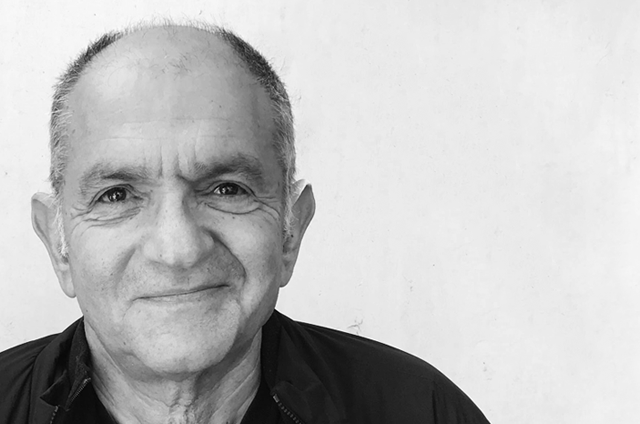
Anthony Berman
Anthony is on the Management team at befriending charity HostNation. Born in South Africa, he moved to London aged thirteen. He was a root canal specialist until retiring in 2016. Fifteen years ago, he joined a Freedom from Torture befriending project for unaccompanied minors. The Angolan teenager he was matched with has become a part of his family. It’s been a wonderful experience for both of them.
The start of HostNation
The story began for me in early June 2017 when I met up with Anneke Elwes and Rossana Horsley in a Kentish Town pub to discuss Anneke’s plans for HostNation. Twelve years earlier, Rossana and I had been part of the same cohort in a befriending project at the organisation Freedom from Torture (FfT); we were matched with unaccompanied minors from trouble-torn foreign countries in an attempt to bring some normality to their traumatised lives. Anneke took part in the same programme a couple of years later and then went on to run a holiday scheme at FfT where around 100 of their asylum-seeking clients spent an annual holiday with a British family. The positive effects for both parties of the befriending project and the holiday scheme gave her the idea of launching HostNation.
It struck Anneke that the only contact most asylum seekers and refugees have with British people is in a professional capacity: social or case workers, lawyers, therapists, doctors or Home Office officials. She knew that there were many altruistic people in the host community wanting to offer friendship but not knowing how to go about it. The solution: a digital platform to match UK citizens with asylum seekers and refugees in befriending relationships. The scheme would start in the Greater London area and if successful, be rolled out in other parts of the country. With Rossana and me on board, we were joined shortly afterwards by Magda Wolfe, who was doing a master’s in Social Policy and Research. Anneke now had the small team that she needed to embark on this journey. HostNation was on its way.
Suzy and Hakim, befriender and befriendee, in conversation
We started matching people in October 2017. Volunteers could register on our database by completing a detailed online form and supplying two referees and were then screened by telephone by one of the team. Asylum seekers and refugees were referred to us by caseworkers, psychotherapists and other professionals at refugee-support organisations, who felt that a befriending relationship would benefit their clients. From a map on our dashboard we would then match people according to proximity, gender, age, interests and personality, and then arrange an introductory meeting.
Some of our befrienders had worked with asylum seekers, either professionally or as volunteers in the Calais “Jungle” or in Greece, but many excellent befrienders had no experience whatsoever. Regardless of background, everyone was required to read our Befrienders’ Guide, which was both a comprehensive guide to the day-to-day problems confronting asylum seekers and refugees, as well as a detailed roadmap to the befriending process and the challenges it can present. Befrienders were asked to commit to meeting up with their befriendee at least fortnightly for three to four hours over a three-month period. At these meet-ups they would do the sort of things friends do: visit a gallery, cinema or street market; go to a gym class or to watch a football game; enjoy a stroll in the park or a meal; or simply hang out together.
“I am so happy to have met Katy and her husband. They are really lovely and kind people and we are friends now. Every time we meet is the best time!” Befriendee
“We live in the city and take so much for granted. Sometimes he stops to take photos of things I don’t notice; he re-established my relationship with London.” Befriender
After the face-to-face (F2F) introductory meeting, facilitated either by the referrer or more usually by a HostNation “matchmaker,” we adopted a hands-off approach. We didn’t want to be prescriptive in the way friendships developed. Volunteers would bring their varied personalities, interests, skills and experiences to the role of befriending and the same applied to the asylum seeker or refugee they were matched with. We checked in after a month to see that things hadn’t stalled at the first hurdle, and then again after three months to get more detailed qualitative feedback from both parties.
“I feel that already he is another member of my family. Ismail has had a huge impact on my life already and I can only thank you for that. I can honestly say that joining Host Nation is one of the best and most rewarding things I have ever done.” Befriender
“I think it is motivating and positive that she has given me positive support that motivates me in terms of trying to do something for myself. It allows you to be more yourself. I recommend it 100%.” Meraf, Befriendee
HostNation befriender and befriendee
What factors make for a successful befriending relationship?
The analysis below, produced by Evaluation Manager Magda Wolfe from the April 2019 HostNation Service Evaluation Report, shows some of the enablers of and barriers to successful befriending relationships.
The enabling factors are:
- Compatible personalities
- Interests in common
- Doing enjoyable things together
- Reciprocity, where both parties feel they are benefitting
- Organic development of the relationship
Barriers to an ongoing friendship can be due:
- A lack of commitment from either person
- Changing circumstances (e.g. somebody moving away or changing jobs)
Sometimes a barrier to developing friendship is related to psychological trauma that the asylum seeker or refugee has suffered in their home country, on the journey to the UK or negotiating the asylum process. Where this is severe it can lead to:
- Over dependence on the befriender
- An inability to engage in enjoyable activities
- Lack of confidence when it comes to communication
- Problems coping with trust
Despite these barriers and some shaky starts, many unpromising relationships go on to flourish into long-term friendships.
HostNation in 2020
Fast forward to early 2020. HostNation had become a well-established player on the refugee support scene. We’d secured charitable status and three of our four trustees were befrienders themselves. The same management team of four people who’d started out together three years earlier was still in place. We had become an extremely close-knit team, totally committed to the universal altruistic impulse of loving the stranger. But most important of all, between October 2017 and March 2020 we had made three hundred matches.
Detailed evaluation of qualitative feedback from befrienders and refugees revealed that the vast majority of these matches had produced a positive outcome. In over 80% of cases people felt they were likely to remain in touch over the next 12 months, and in 58% of cases a “very positive friendship” had developed. When asked to rate the positivity of their experience out of 10, the mean score for befrienders was 7.9. Refugee responses showed that their English had improved, they felt less lonely, had a greater sense of wellbeing and inclusion and would definitely recommend befriending to others. For both parties it was in many instances a life-changing experience, as some of the quotes included with this piece illustrate.
“It is helpful to make a friend. You see things better, can go out in London. Otherwise it is very hard – it makes a difference. The best bit was meeting his family as I don’t have any family.” Befriendee
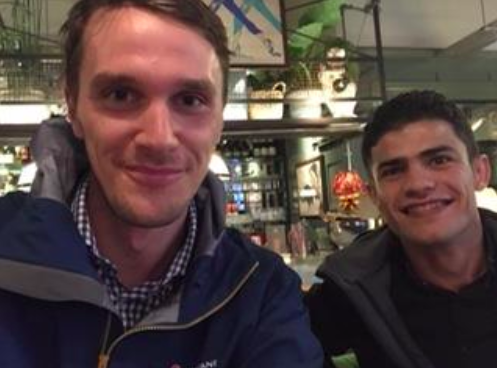
Case study: Amin and John
Amin was referred to HostNation in August 2018 by Breaking Barriers, an organisation that prepares refugees for the workplace. Amin had been forced to flee his home country two and a half years earlier when he was 25 years old and about to enter his country’s top engineering college. He was granted refugee status or humanitarian leave to remain in the UK.
Amin was matched with John, a Senior Analyst dealing with due diligence. John had taught maths and English to Afghan refugees while a student in Dublin and had recently spent five months in Beirut getting to know a number of Syrian refugees. John and Amin have a lot in common. They are almost exactly the same age, passionately interested in sport, especially football (Amin turned out for the HostNation seven-a-side team in a recent tournament) and they share a lively intelligence and curiosity about the world.
They got on brilliantly from the very first meeting. Since his forced departure from his home country Amin had dreamt of studying engineering in the UK and he and John set about making this happen. Amin’s English, while sufficient for everyday use, was nowhere near good enough to cope with the demands of a university course. But he felt spurred on by John, who he described as a “speechless good personality and also amazing teacher!” They met every week for three to four hours, reading science articles together in preparation for his university application. A job in a charity shop also helped him become more confident in his spoken English. Together they worked on his personal statement for his application to a top UK university, and in April this year Amin was awarded a place on the Aerospace Engineering course, subject to him passing the IELTS Academic test by the middle of September. After going through a number of hoops Amin heard that he’d passed the IELTS test just before the deadline, and was delighted to be able to take up his place.
Despite Amin’s resilience, ambition and determination, this happy outcome would not have been possible without John’s unfailing friendship, commitment and support. But it has not been one-sided; the befriending experience has been transformative for John too. As he put it, “Amin’s a very, very nice guy and I couldn’t be more thankful to you guys for setting us up.”
Helen and Hanifah, befriender and befriendee, in conversation
HostNation under Covid-19
This happy HostNation story came to a juddering halt with the arrival of the Covid-19 pandemic. With the lockdown in March we were forced to suspend our matching operation. Instead of meeting up for a stroll round a gallery, a kickabout in the park or a leisurely chat over coffee, people were now limited to keeping in touch via WhatsApp, texting and phone call. Nevertheless, this contact was still a great source of comfort to refugees and asylum seekers whose loneliness was now compounded by enforced quarantine in often miserable circumstances, without many of their support services and places of worship.
With the easing of lockdown restrictions, and the need for befriending more acute than ever, HostNation, with the largest online resource of volunteer befrienders in the UK, was ready to meet the call. We re-opened for referrals in early July but of course, in a time of social distancing, it couldn’t be business as usual. Our model is now one of smart befriending: a hybrid, where friendships are conducted online as well as F2F. Introductions now take place via Zoom or WhatsApp video and people keep in touch with each other this way. There is no pressure to meet F2F but in the 35 matches we have made since re-opening, both parties have been keen to meet up in person. This could of course change in the autumn or winter if there is a spike in infections.
“It has added a lot of value to my life. I have the impression we will be friends for life. As I said, Raha is great!” Befriender
“Actually, I LOVE having a befriender, because from your organisation I can find a friend, share my feelings with her, go out with her. For me for the first time I’ve had a good friend here in the UK. Thank you to the organisation.” Befriendee
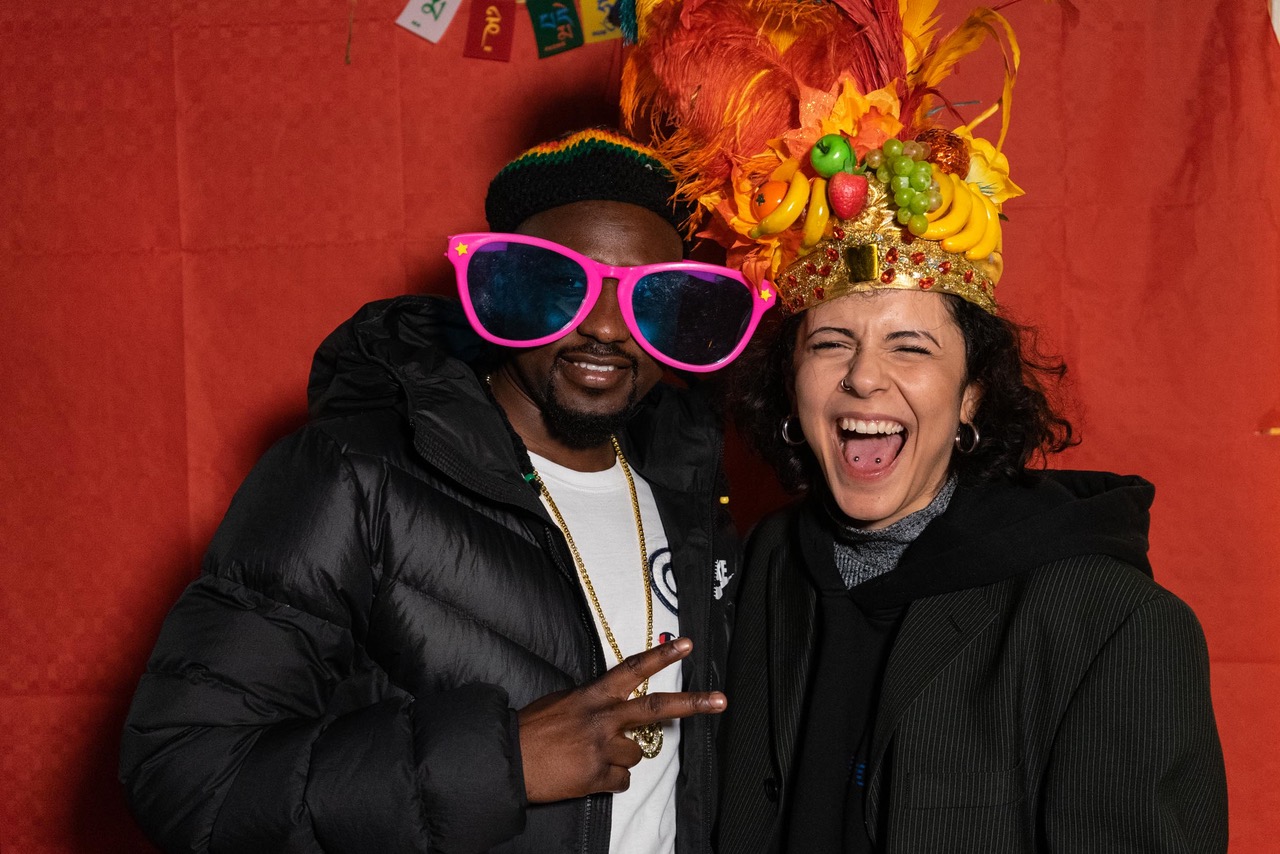
HostNation befriender and befriendee
And what of the future? We are activating Anneke’s original plan to extend HostNation throughout the country by opening hubs in the north-east and north-west of England before the end of the year. Unfortunately, because of the pandemic, we had to cancel our annual summer party for befrienders and befriendees and our occasional F2F workshops are also off the agenda. Instead, we now keep in touch via bimonthly Zoom webinars and monthly newsletters to our matched befrienders. One of our volunteers said the best thing for her was feeling part of the HostNation community and that is a sentiment we are keen to nurture.
“It’s like with mentoring, you think it’s about giving something back, but you get so much back yourself. It’s so enriching. At least 50% of is what you get back.” Befriender
“She’s always communicating to know what I’m doing, taking me to different places, explaining things. It’s made a very big change to have someone who cares.” Befriendee
From a personal point of view one of the most rewarding aspects of this work has been to witness, despite the negative attitude in government and much of the press, the number of people of all ages and backgrounds, not only willing but eager to form a relationship with an asylum seeker or refugee and try to make them feel at home in a strange country. This quote from one of our befrienders sums it up perfectly:
“I think that the best thing is the satisfaction of feeling that no matter the money you donate — no matter the marches, or the petitions you sign, or anything — being able to have a personal relationship with somebody and feeling that you can be part of a positive change in somebody’s life – that’s the best thing.”
Support HostNation
Read more
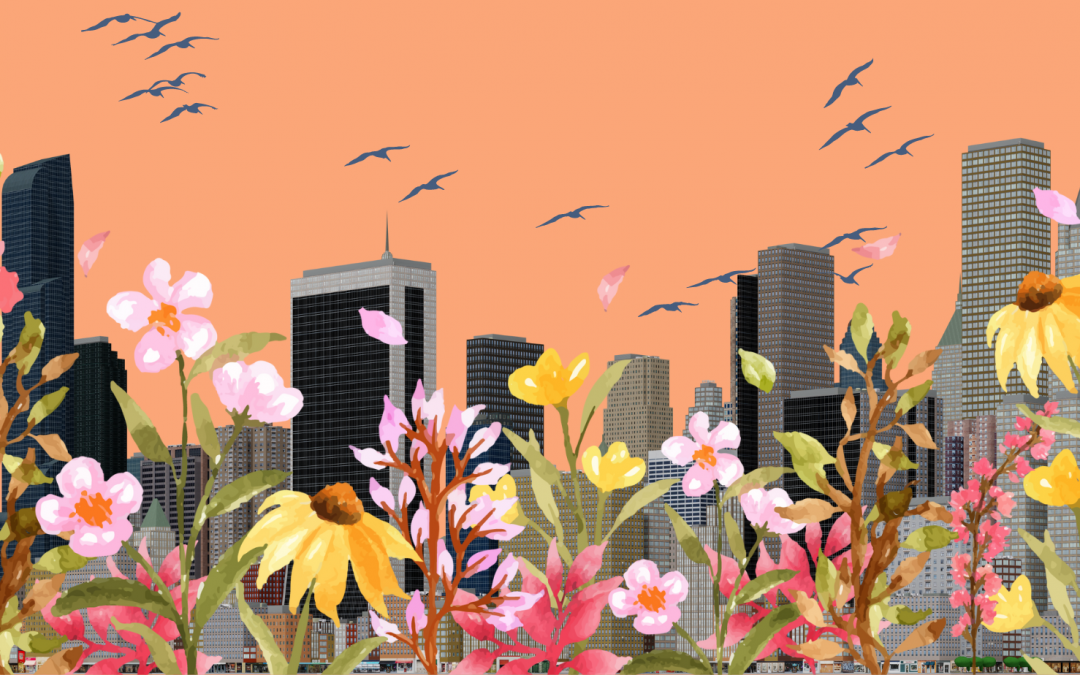
‘Rewilding Care’: Could letting relationships flourish revolutionise social care?
In brief Bob Rhodes is the founder and President of LivesthroughFriends CIC, a social enterprise that demonstrates how those who have acquired the most complex reputations can live good lives when attention is paid to building relationship networks and a sense of...
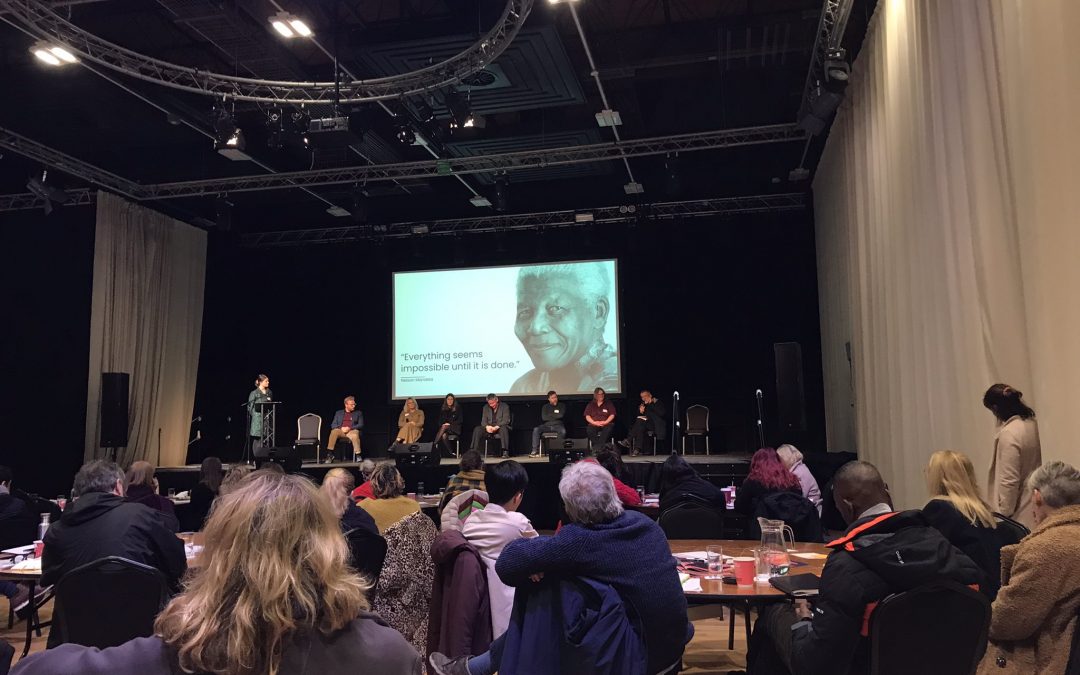
The magic of finding my peers of relationship-centred practitioners
In brief On the 23rd November 2022, 80 relationship-centred practitioners came together at Northumbria University to unpack the how, what and why of relationship-centred practice. We shared some of our key takeaways in this letter and, here, Fabian Pfortmüller...

